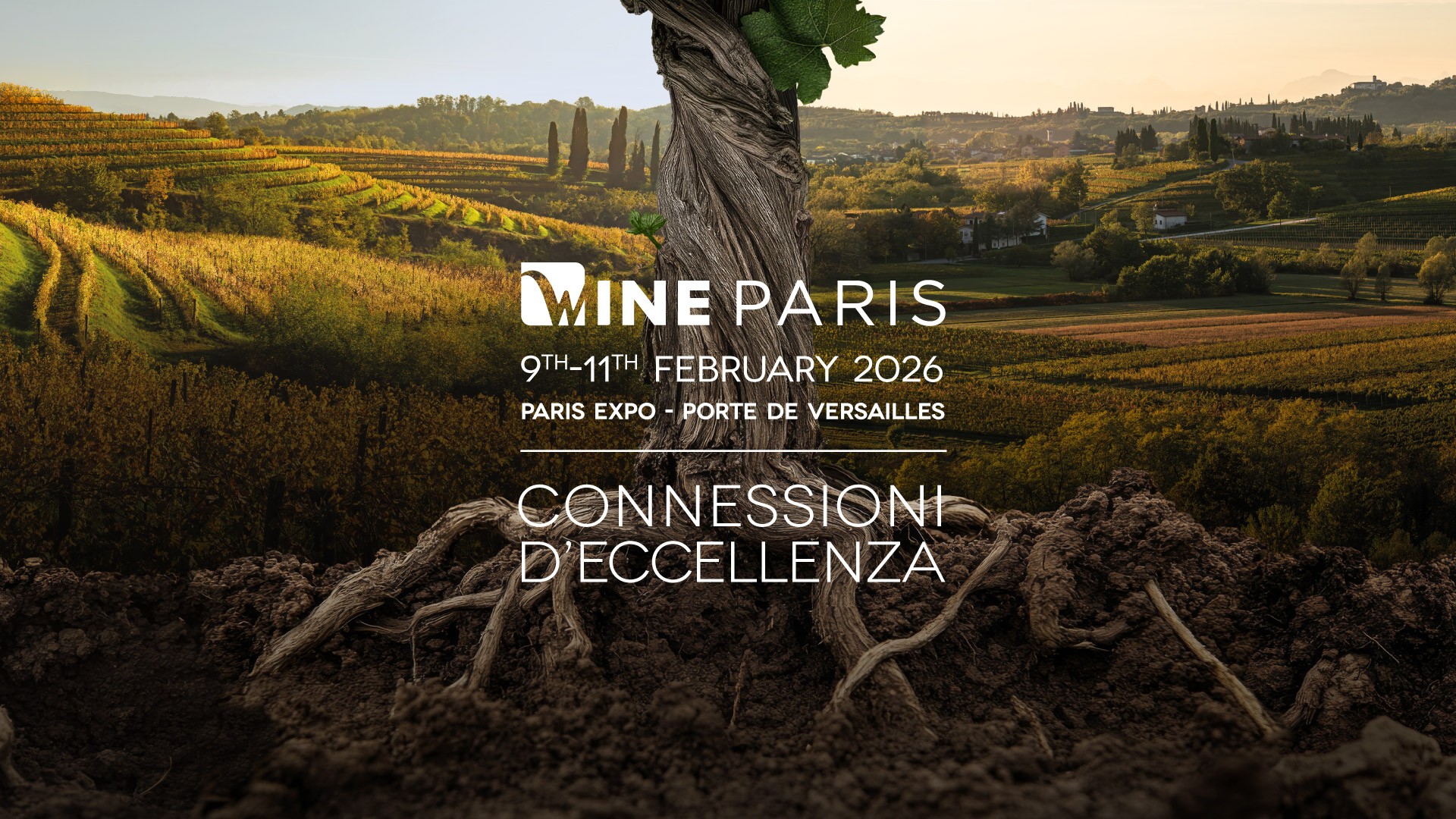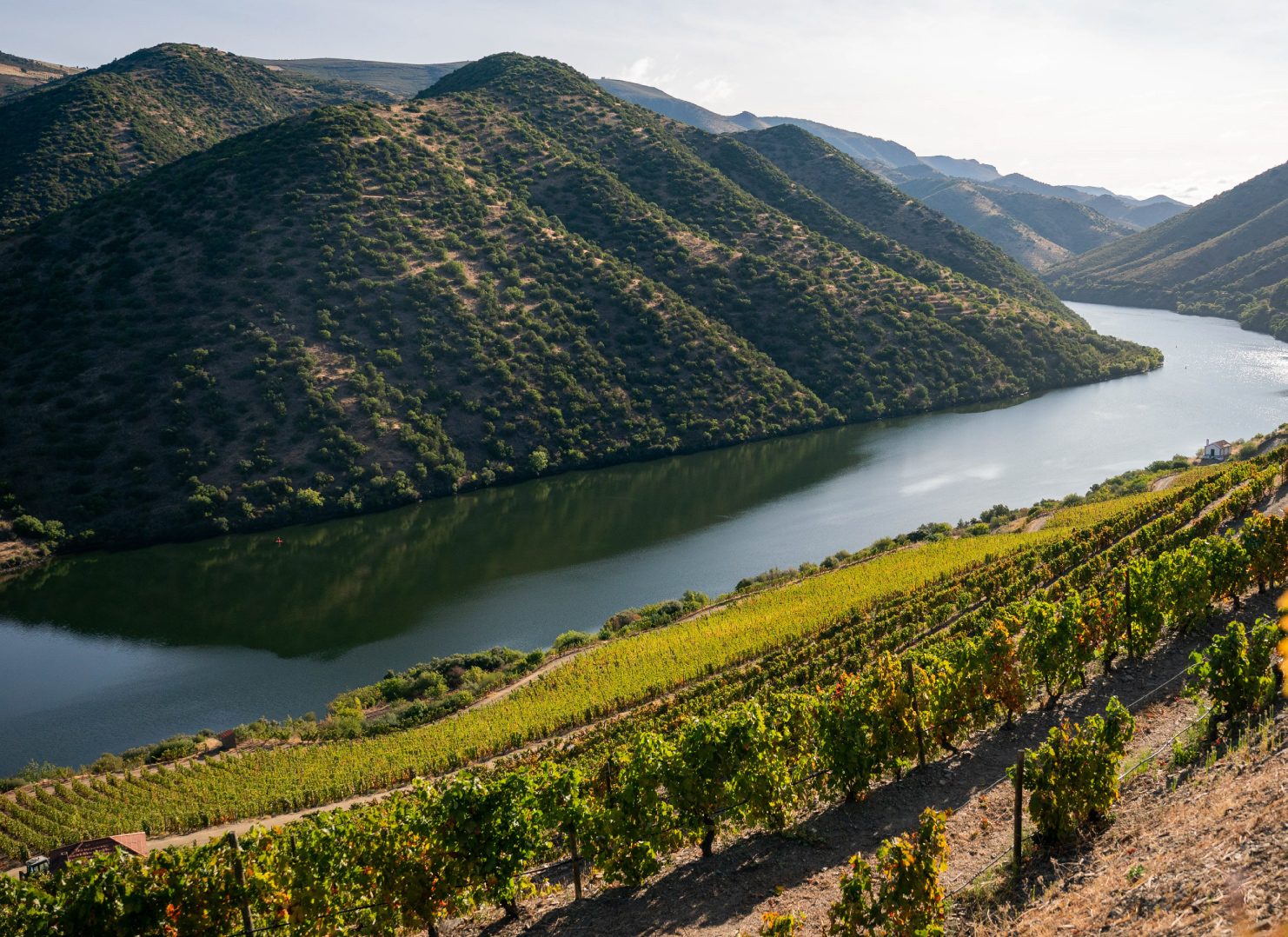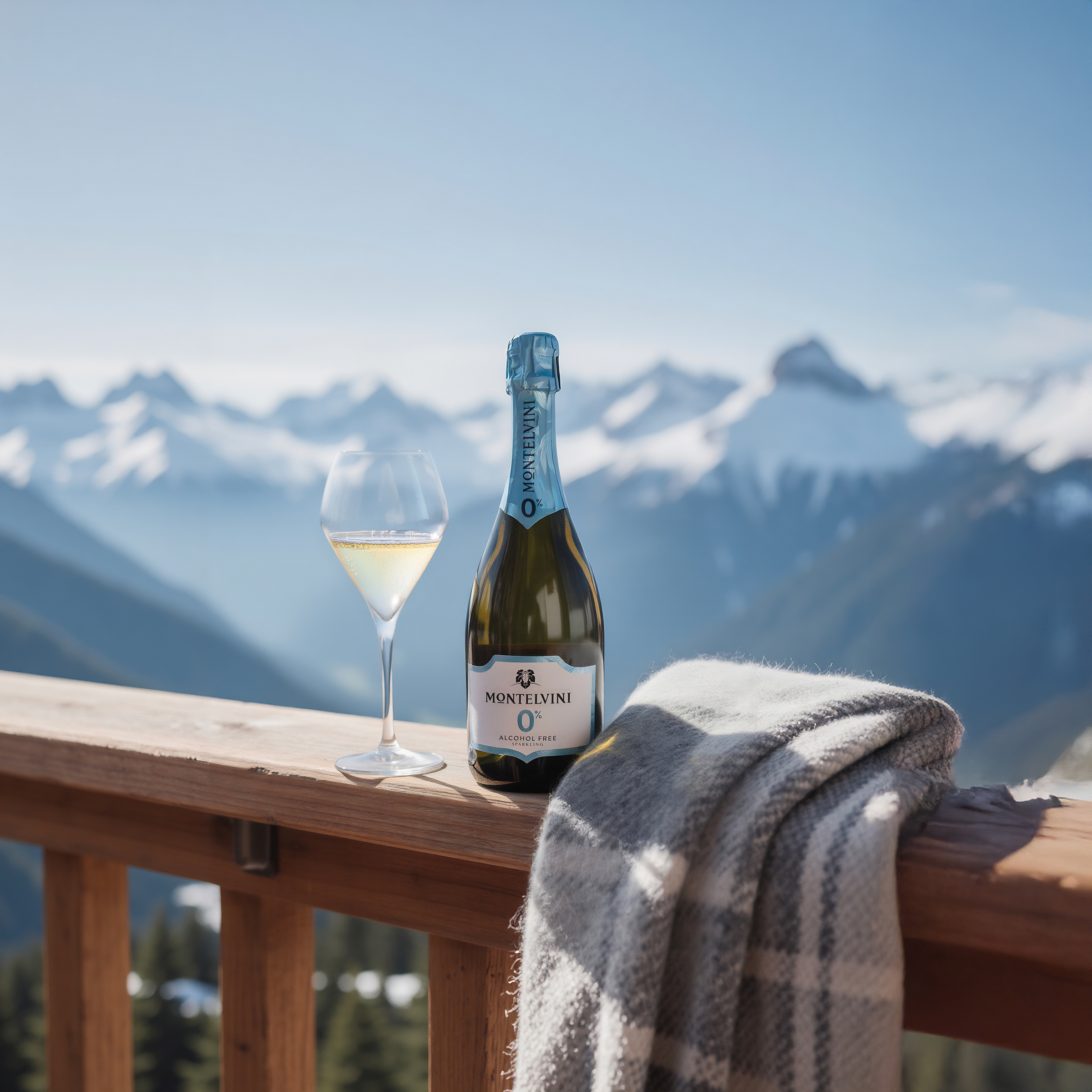Top 10 Champagnes for Golden Week
Next week in China is the Golden Week holiday and millions of Chinese will hit the road to go on holiday or visit family. Unlike the New Year or mid-autumn festivals, Golden Week is not a religious festival and is primarily designed to boost domestic tourism and “improve the national standard of living”.
It is, therefore, more akin to “Black Friday” in the west but lasting a week instead. Millions of mainland Chinese are expected to flood into Hong Kong (which only takes the 1 and 2 October off and scatters additional holidays throughout the year instead) to go shopping, so stay away from Causeway Bay and parts of Tsim Sha Tsui and Mongkok if you want a quiet holiday stroll.
In fact stay home and crack into something nice with family and friends and as it’s “Golden Week”, stretch the concept and go for a golden wine as well.
Sweet wines still don’t have the attention and love they deserve but Champagne is a popular choice for Hong Kongers so pick up a bottle of fizz this holiday.
And, if you decide not to plump for a big name, you might want to follow the advice of some of the city’s best sommeliers and branch out into the exciting world of grower Champagnes.
Imperatrice has a particularly strong portfolio of grower Champagnes and recently held a tasting of these small producers at the Grand Hyatt.
Family run and often owning only a few hectares of vineyards and focusing on wines using a single grape or from a single vintage or with low dosage or fermented in oak or aged their lees for many years and from single vineyards, the very best winemakers produce Champagnes of character and often exceptional quality for the same price or less as entry level brut Champagnes from the grandes marques.
These producers offer a completely new angle on the world’s most famous sparkling wine and all serious wine lovers should be advised to try them out.
All the wines listed are available from Imperatrice, prices are per bottle.
Bérèche et Fils, Brut Reserve NV – HK$310
Winemaker: Raphaël & Vincent Bérèche
Grape: 34% Pinot Meunier, 33% Pinot Noir, 33% Chardonnay; vintage base 2010
Soil: Sand, Chalk and limestone
Winemaking: Vinified in enamelled steel tanks (80%), and oak barrels (20%), without malolactic fermentation being performed.
Dosage: 8 g/l
Ageing: 18 months on lees
One of Champagne’s rising stars, Raphaël Bérèche has been working alongside his father Jean-Pierre at their nine-hectare estate of Bérèche et Fils at Craon-de-Ludes in the Montagne de Reims since 2004.
At Bérèche, vinification tends towards the traditional: parcels are vinified separately, with natural yeasts used for smaller tanks and selected yeasts for larger ones.
The family has slowly been increasing the percentage of oak used in the cellar, and today, about three-quarters of the production is vinified in barrel. Malolactic fermentation is systematically avoided.
Emmanuel Brochet, Le Mont Benoit Extra Brut 2009 – HK$395
Grape: 40% Pinot Meunier, 35% Chardonnay, 25% Pinot Noir
Soil: Chalky clay soil
Winemaking: Vinified in barrels with partial malolactic fermentation.
Dosage: 4 g/l
Ageing: 18 months on lees
Based in Villers-aux-Noeuds (south of Reims), Brochet is committed to working his vines organically. Today he farms 2.5 hectares of vines, all located in a single parcel within the lieu-dit of Le Mont Benoit, which lies on Cretaceous-era chalk under about 40 centimetres of chalky-clay topsoil.
The parcel is planted with all three major varieties (in the proportion of 37% Meunier, 30% Chardonnay and 23% Pinot Noir), and the oldest vines date from 1962. Yields are kept low and all of Brochet’s fermentations are done in barrel.
René-Henri Coutier, Brut Tradition NV – HK$350
Grape: 65% Pinot Noir, 35% Chardonnay; vintage base 2009
Soil: Clay dominant
Winemaking: Vinified in stainless steel tanks, malolactic fermentation is performed.
Dosage: 6 g/l
Located in the grand cru village of Ambonnay, one of the top wine-producing (100% grand cru) towns on the Montagne de Reims, Coutier owns nine hectares of vineyards.
Ambonnay’s terroir of limestone soil, with a fair amount of siliceous-clay soil, is famous for making wines of great finesse, fruit and suppleness. René has been employing viticulture raisonnée practices since 2000, decreasing the use of chemical treatments.
The juice goes through fermentation in stainless steel tanks and only half of the wines go through malolactic fermentation. The wines are given extremely low dosages. René does not use wood to age his wines.
Georges Laval, Cumières 1er cru brut NV – HK$600
Grape: 25% Pinot Noir, 50% Chardonnay, 25% Pinot Meunier; vintage base 95% 2008 and 5% 2006 .
Soil: Chalk and clay.
Winemaking: Vinified in oak barrels, malolactic fermentation is performed.
Dosage: 6 g/l
The Laval estate is located in the premier cru village of Cumières on the south side of the Montagne de Reims facing the river Marne, almost opposite Epernay.
It was as far back as 1971 that Georges Laval decided to embrace an organic and biodynamic approach, while Vincent, his son, took charge of the cellar in 1996. The average vine age is over 30 years, and the oldest vines of the estate are over 70 years old.
Fermentation takes place in barrel, with indigenous yeasts. Each distinct parcel is vinified separately in order to emphasize the terroir distinctions.
These are wines of intense personality, highly expressive with an outstanding concentration of fruit, with intense floral aromas combined with an impressive minerality that is very reminiscent of white Burgundy.
Cédric Bouchard, Rose de Jeanne, Côte de Val Vilaine 2012 – HK$350
Grape: 100% Pinot Noir – single parcel of 1.49ha.
Soil: Clay dominant
Winemaking: 28 months ageing in stainless steel with malolactic fermentation.
Ageing: six months on lees
Partner Content
Zero Dosage
Cédric has only been making wine since 2000 from his newly created Roses de Jeanne estate. It is one of the smallest wine-producing properties in Champagne with less than three hectares. His philosophy is single-vineyard, single vintage and single-grape bottlings.
The wines speak for themselves and have quickly become some of the most sought-after in the region. In 2003, he began producing a second wine from the vineyard of Val Vilaine in nearby Polisy, called “Inflorescence”, which is a second and complementary label to Roses de Jeanne.
Bérèche et Fils, Campania Remensis Rosé 2009 – HK$550
Grape: 60% Pinot Noir, 30% Chardonnay, 10% Pinot Meunier; vintage base 2009
Soil: Clay and chalky soils.
Winemaking: Vinified in enameled tanks (80%) and oak barrels (20%) without malolactic fermentation.
Zero Dosage
Ageing: 3 years on lees
Another wine from the Bérèche stable, rosé is yet to truly take off as a popular style in Asia but this rich yet tart, red berry-filled example is a good place to start.
It’s an absolute steal at just $249 as well.
Benoit Lahaye, Brut Essentiel NV – HK$350
Grape: 90% Pinot Noir, 10% Chardonnay – Bouzy (80%) and Ambonnay (20%)
Soil: brown chalk
Winemaking: Vinified 80% in oak barrels and 20% in steel tanks, partial malolactic fermentation
Dosage: 6 g/l
Ageing: 2.5 years on lees
The Lahaye family has been making Champagne since the 1930’s, with Benoit Lahaye taking over the family estate in 1993. He has been bottling his wines under his own name since 1996.
The estate was fully converted to organic viticulture in 2003 and Benoit strongly believes the transition to organic made a considerable difference and that the grapes attain higher levels of ripeness while conserving the same level of acidity.
In 2009 Benoit Lahaye went biodynamic and one year later the estate was fully certified.
Based in Bouzy – one of the best-known villages in Champagne – the vineyards enjoy a perfect southeast exposure and are renowned for full-flavoured Pinot Noir-based Champagne.
The estate has 4.5 hectares spreading over three communes where Pinot Noir is king: the grand crus of Bouzy and Ambonnay and Tauxières-Mutry, which is the highest ranked premier cru village with a 99% rating.
Olivier Horiot, “Seve” Blanc de Noirs “en Barmont” 2006 – HK$430
Grape: 100% Pinot Noir, Extra Brut
Soil: Clay dominant
Winemaking: Vinified in used barrels from Burgundy, malolactic fermentation is performed.
Zero Dosage
Ageing: four years on lees
Olivier Horiot began making wine in 2000 but all he made to begin with was “Coteaux Champenois”, still red and rosé from his Pinot Noir-dominated vineyards in Les Riceys. It wasn’t until 2004 that he released his first sparkling wines.
Horiot owns seven hectares of vineyards in Les Riceys, Horiot all farmed organically and occasionally resorting to biodynamic practices. He is a firm believer in single vineyard, single vintage cuvées to enhance the terroir expression. The wines are neither fined nor filtered.
Françoise Bedel, “Entre Ciel et Terre” 2005 – HK$450
Winemaker: Françoise and Vincent Bedel
Grape: brut, vintage basis 2005 and 2002, 80% Pinot Meunier, 20% Pinot Noir
Soil: Clay and limestone.
Winemaking: Vinified in enamelled steel tanks (90%), and oak barrels (10%), partial malolactic fermentation is performed. Cork-bottled for the second fermentation.
Dosage: 6g/l
Ageing: seven years on lees
Françoise Bedel, based in Crouttes-sur-Marne, is considered to be one of the most emblematic figures of the Champagne biodynamic movement. Crouttes-sur-Marne is located in the far west of the Vallée de la Marne. The vineyards are composed of 79% Pinot Meunier, 14% Chardonnay and the remainder being Pinot Noir.
Francoise Bedel is relying exclusively on traditional methods only, from pressing of the grapes to ageing of the wines in cellars to manual remuage.
She strives to produce less standardized wine hence the little use of reserve wine, practically all of her non-vintage Champagnes rely on one-year production only. The wines are also strongly influenced by their long lees aging which is more than 6 years for each cuvée.
Marie Courtin, Cuvée Efflorescence 2009 – HK$550
Grape: 100% Pinot Noir
Soil: clay-based soil
Winemaking: put into barrel to finish its alcoholic fermentation, then spends about nine to 10 months in barrique.
Only making wine since 2006, Dominique Moreau is an expressive, organic champagne maker. The estate name, “Marie Courtin”, was named after Dominique’s great grandmother.
Situated in Polisot in the Côte des Bars, with just 2.5ha of vineyard, the estate is easily overlooked but one well worth seeking out for fans of blanc de noirs Champagnes.
The estate is also organic.





I think you will find that the range of growers champagnes from The Champagne House is some three times bigger than any other supplier in Hong Kong
No Selosse??? Easily just as good as the top three on the list.